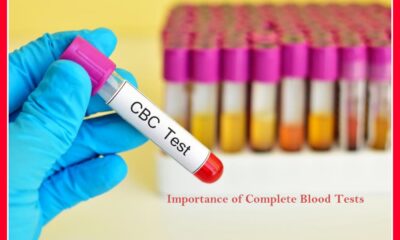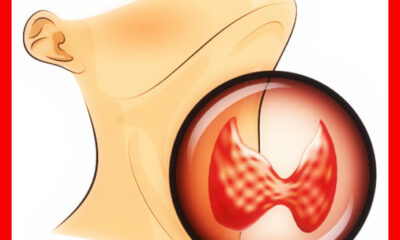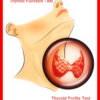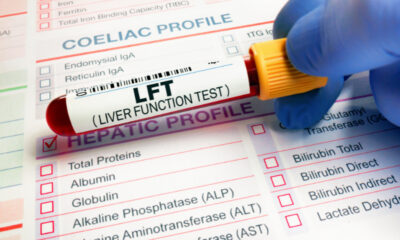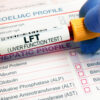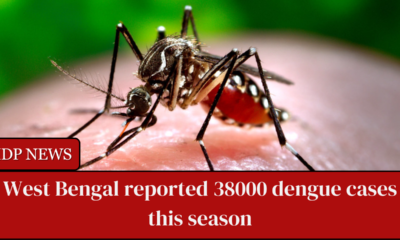

More in Health
-


Featured
Read Why CBC Tests are essential in detecting Health Issues.
Whenever you are not in good health, the first thing experts advise is CBC Tests. A complete...
-


Featured
Importance of regular Thyroid Function tests.
A thyroid Function tests is a crucial health checkup gauging hormone levels to know how well your thyroid...
-


Featured
Pros of regular Liver Function tests for better liver health.
Your liver health life cycle depends significantly on your lifestyle choices. Consuming processed food, smoking, and...
-


Health
5 Supplements to Ensure Liver Health
Liver supplements can prove to be quite effective in ensuring the health of this vital organ....
-


Health
West Bengal reported 38000 dengue cases this season
Over 38000 dengue cases were reported this season in West Bengal through September 20. Kolkata and...




